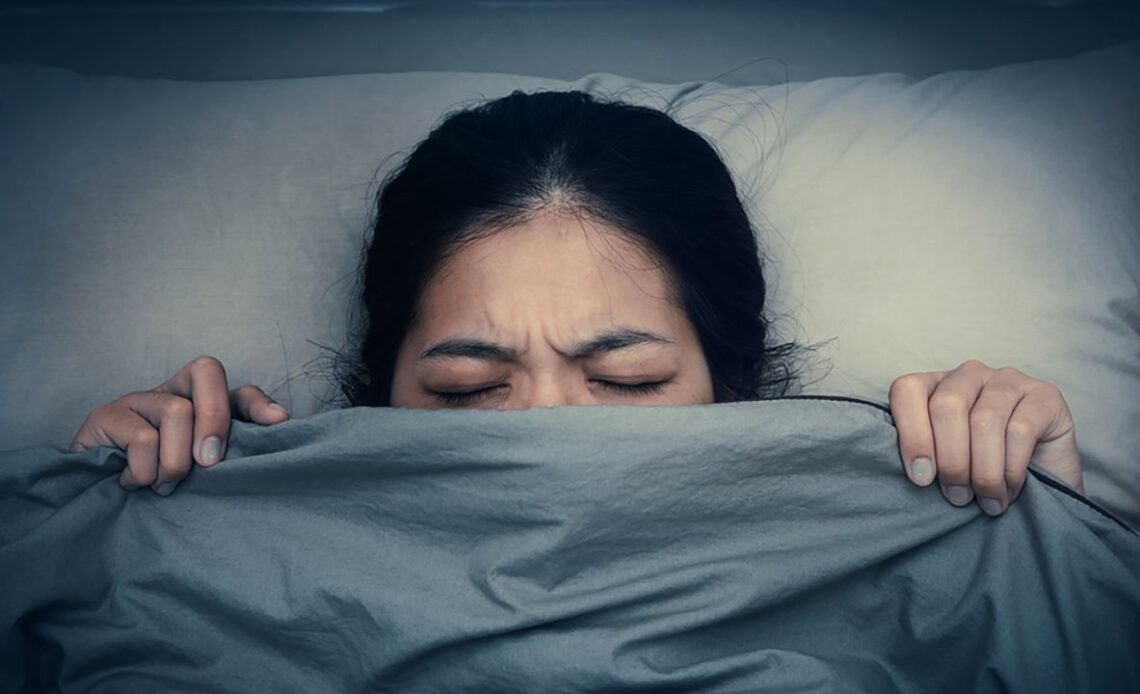Sign up for CNN’s Sleep, But Better newsletter series. Our seven-part guide has helpful hints to achieve better sleep.
CNN
—
Snoring, snorting, tossing and turning, napping for a long time during the day, waking up during the night, and sleeping too little or even too much all contribute to poor-quality sleep and may raise your risk for stroke, according to a new study.
In fact, researchers found the more sleep problems you have, the greater the risk of stroke.
“Having more than five of these symptoms may lead to five times the risk of stroke compared to those who do not have any sleep problems,” said study author Christine McCarthy of the University of Galway in Ireland in a statement.
“The findings are consistent with prior research linking unhealthy sleep to high blood pressure and to impairments to blood vessels, which are risk factors for stroke,” said sleep specialist Kristen Knutson, an associate professor of neurology and preventive medicine at Northwestern University’s Feinberg School of Medicine in Chicago. She was not involved in the study.
One reason may be the impact of short, fragmented sleep and sleep disorders such as sleep apnea on the body’s ability to regulate metabolism, blood pressure and inflammation, which are all risk factors for stroke, said Dr. Phyllis Zee, director of the Center for Circadian and Sleep Medicine at Northwestern’s medical school, who was not involved in the study.
“Poor sleep can impair the natural blood pressure dipping that occurs during night time sleep and contribute to hypertension — an important risk factor for stroke and cardiovascular disease,” Zee said via email. “In other population based research, similar relationships have been reported between poor sleep health and disorders such as diabetes, heart disease and dementia.”
The study, published Wednesday in the journal Neurology, analyzed data from more than 4,500 people participating in INTERSTROKE, a large international case-control study of patients who have experienced a stroke.
Nearly 1,800 participants in the study had an ischemic stroke, the most common kind, in which a blood clot blocks an artery leading to the brain. Another 439 people had an intracerebral hemorrhage in which…
Click Here to Read the Full Original Article at CNN.com – RSS Channel – HP Hero…

